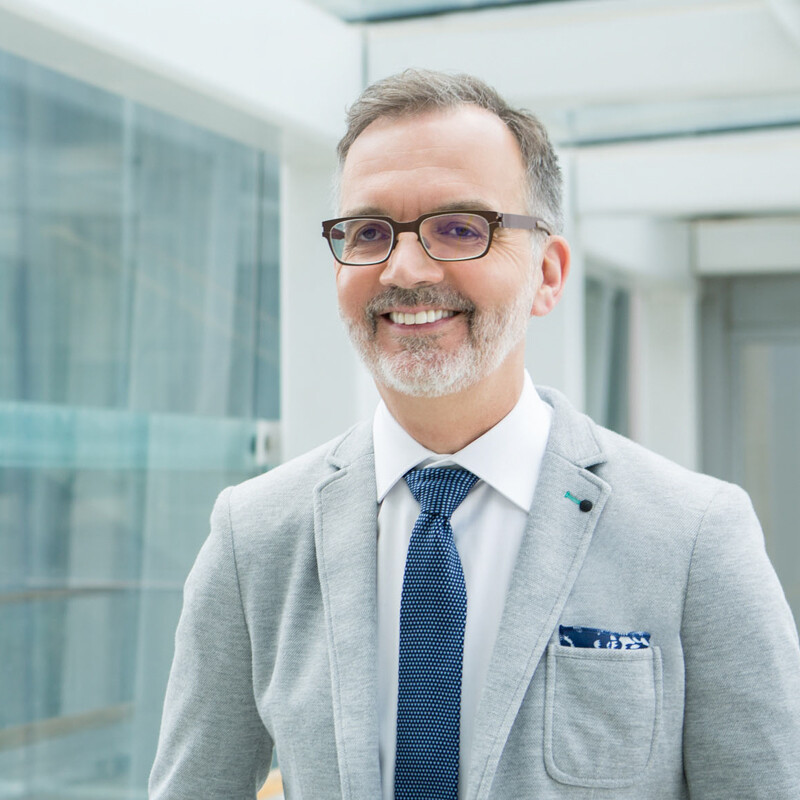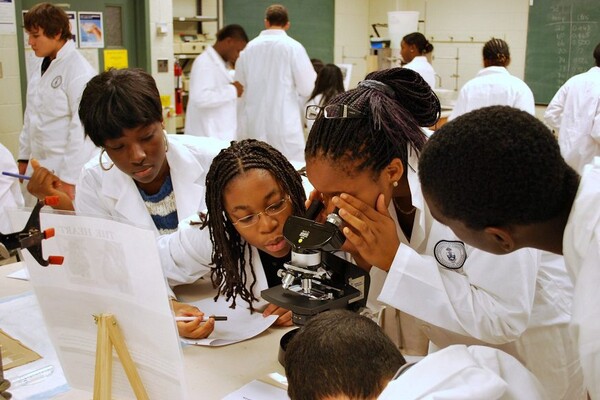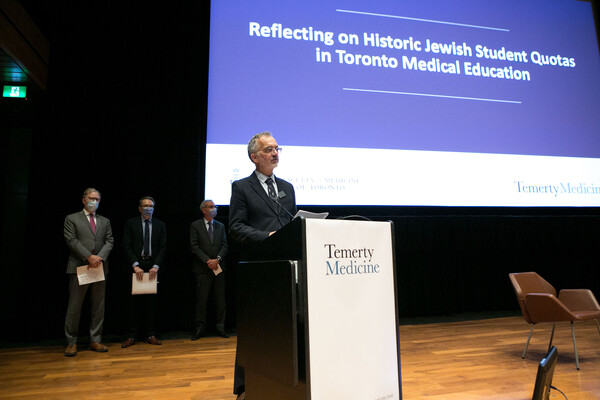
There was recently a debate in the United States about what constitutes the appropriate role of doctors when speaking out about issues where health intersects with public policy and politics. The suggestion from one of the largest political advocacy organizations in America was that doctors should “stay in their lane” — implying that doctors should stick to treating the ill and injured and not comment on the underlying causes.
Advocacy has always been an essential part of the practice of medicine. The College of Physicians and Surgeons of Ontario’s Practice Guide includes a duty to advocate for patients. Specifically, it says: “Advocacy is an important component of the doctor-patient relationship; physicians should, individually and collectively, advocate for their patients. Advocacy involves the responsible use of expertise and influence to advance patients’ health care interests.”
Similarly, scientists use their knowledge and expertise to support good public policy decisions. Earlier this month, the Canadian Science Policy Centre hosted its 10th annual conference. It included an opportunity for scientists spend a day meeting with MPs and aides on Parliament Hill before the conference.
Advocacy is steeped into the medical education we provide. Health Advocate is one of seven CanMEDS roles, which define the necessary competencies for all areas of medical practice. It’s a basis of evaluation for our students and our programs. It’s infused throughout our curriculum; for example, during their family medicine clerkship, MD students develop advocacy projects. But advocacy is also lived by our students through their own initiatives, such as when they brought their concerns about residency spots to Queen’s Park and marched to #SupportTheReport. And there are student-led advocacy groups, such as the Toronto Political Advocacy Committee, which tackles healthcare injustices in the City of Toronto using evidence-informed advocacy and community partnerships.
There are also numerous faculty and staff who, in ways large and small, are using their talents and passion to advocate for change. Among them is surgery professor Dr. Najma Ahmed, a trauma and acute care surgeon at St. Michael's Hospital. She has spoken passionately about the tragedy of gun violence and the need for doctors to speak out. Some, like alumna Carolyn Bennett and faculty member Jane Philpott, have taken on formal roles in government, while others contribute to scholarship in the field (a great example of which can be found here).
I am glad that members of our community take these responsibilities and opportunities seriously. Especially as a publicly supported university, we have a duty to contribute our knowledge and expertise to important public policy decisions. Using our voices to benefit our communities is yet one more way we can give back. At U of T Medicine, we know our lane … and we’re in it.
Trevor Young
Dean, Faculty of Medicine
Vice Provost, Relations with Health Care
University of Toronto


